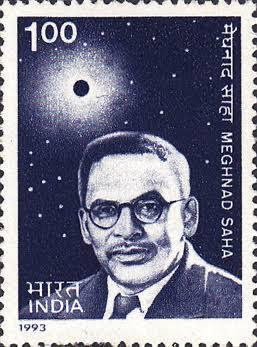The National Defence Academy (NDA) is a premier joint services training institution for the Indian Armed Forces, where cadets of the Indian Army, Indian Navy, and Indian Air Force train together before they go on to respective service academies for further training. The NDA is located in Khadakwasla, near Pune, Maharashtra.
Establishment Date and History
The idea of a joint services academy was conceived in the aftermath of World War II. The foundation stone for the academy was laid by then Prime Minister Jawaharlal Nehru on 06 October 1949. The NDA was officially commissioned on 07 December 1954, marking its establishment as the world’s first tri-service academy.
Campus and Infrastructure
The NDA campus spans over 7,015 acres and is situated amidst the Sahyadri Hills. The infrastructure includes academic blocks, living quarters, training areas, sports fields, and a wide range of facilities for physical and academic training. The academy is equipped with state-of-the-art technology to provide comprehensive training in various disciplines, including academics, military science, and leadership.
Training and Curriculum
The training at NDA is rigorous and spans three years, during which cadets earn a Bachelor's degree from Jawaharlal Nehru University (JNU) in either Arts, Science, or Computer Science. Alongside academic education, cadets undergo intense physical training, including drills, physical fitness, weapons training, and tactical exercises. The curriculum also emphasizes leadership, discipline, and character development.
Motto and Values
The NDA's motto, "Seva Parmo Dharma" (Service Before Self), encapsulates the academy's ethos of selfless service and duty. The academy places a strong emphasis on inculcating values such as integrity, honor, and patriotism in its cadets.
Alumni and Legacy
NDA has produced numerous illustrious officers who have served with distinction in the Indian Armed Forces. Many NDA alumni have risen to the highest ranks, including Chiefs of Staff of the Army, Navy, and Air Force, and have been recipients of the highest military honors.
Notable alumni include:
- General Bipin Rawat - India's first Chief of Defence Staff (CDS)
- Air Chief Marshal Arjan Singh - Former Chief of Air Staff and Marshal of the Indian Air Force
- Admiral Sunil Lanba - Former Chief of Naval Staff
Significance and Contribution
The NDA has played a crucial role in shaping the leadership of the Indian Armed Forces. Its unique tri-service training approach ensures that officers from the three services develop a strong sense of camaraderie, jointmanship, and an understanding of each other's operational roles. This has been instrumental in enhancing the effectiveness of joint operations and cooperation among the Indian Armed Forces.
Conclusion
The National Defence Academy stands as a symbol of national pride and military excellence. Its history, traditions, and contribution to the Indian military establishment make it a cornerstone of India's defense preparedness. The NDA continues to be the cradle of leadership for the Indian Armed Forces, fostering future generations of officers dedicated to serving the nation.


%20KUSHMANDA.jpeg)


.webp)